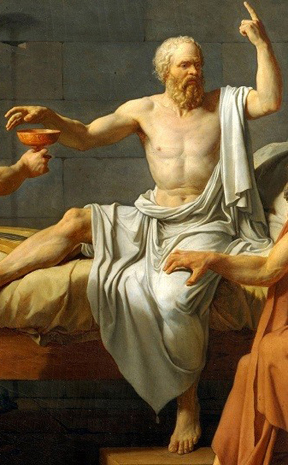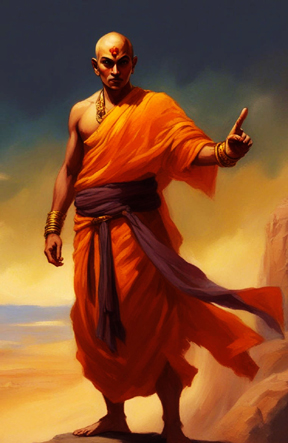There happens to be a direct relationship between a person’s psyche and the attire he wears. One can easily make out a lot about a person’s mind-set by closely observing his apparels. No wonder the wise have described one’s garments as an extension of one’s personality.
In 1 Peter 5:5 we read, “Clothe yourselves, all of you, with humility toward one another, for God is opposed to the proud, but gives grace to the humble.”
Humility is indeed reflected in one’s drapery — and we have numerous examples, both in the West and the East, that confirm my point of view. Take for example Socrates and Kautilya or Chanakya who were contemporaries having lived round 350 BC. Socrates was a Greek philosopher from Athens who is credited as the founder of Western philosophy. Chanakya on the other hand was a Brahmin teacher of Taxila University who wrote two extensive treatises named Arthashastra and Chanakya Sutra and was the mentor of Emperor Chandragupta Maurya who contained the Macedonian onslaught way back in 326 BC. Both Socrates and Chanakya wore scant drapery, restricted their daily needs to a bare minimum and yet their personality and influence was colossal.
Socrates had a very bleak view of fashion and personal appearance and preferred to wear the same dirty toga for days. According to Plato, his closest disciple, Socrates felt that a person’s outward appearance was flimsy, deceptive and unimportant and what mattered in life was one’s virtues and his wisdom. Though I haven’t come across any pertinent quote attributed to Socrates on drapery or garments, his near contemporary Chanakya did say something precise and pertinent.


Verse or Sutra 330 of Chanakya Sutra says that a man should dress up in accordance with his financial capacity and need.
विभवानुरुपमाभरणंम्
And in a subsequent verse 334 he qualifies his statement with
वयोआनुरूपो वेषः
saying a man should dress up in accordance with his age.
Though the tradition of scant drapery was abandoned by the post classical philosophers in the west, the tradition has been maintained with solemn fidelity in the Indian sub-continent — Mahatma Gandhi being the last genuine example.
There seems to be a tenacious trend amongst the philosophers, saints and great men to restrict themselves to minimum needs — and this psyche is reflected in their drapery as well as their frugal consumption. Aghorism seems to be a reflection of this persistent urge.